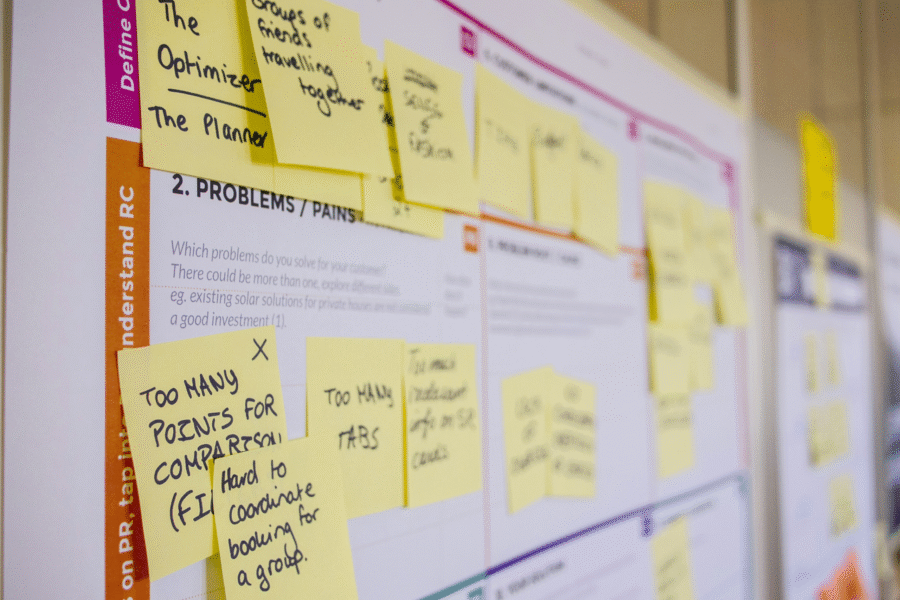ISO 27001 is the leading standard for data security and is essential for your business, particularly if you manage any of your work online (which most of us do).
Xergy Group, the developer of the project management software Proteus, has ISO 27001 accreditation. This certification is a testament to the high standards Proteus and the Xergy team work to, providing the best data protection level. Proteus’ strength lies in pulling live data from various sources, providing project teams with complete visibility and data control – making information security the number one priority.
If you have never undertaken an ISO certification process, you may not be aware of how much rigor, work, and effort is required to achieve this standard. To reach certification and comply with the robust data security standards within ISO 27001, a software provider like Xergy must have thoroughly documented practices and procedures as well as pass an on-site review and evaluation by a certification organization accredited to make ISO assessments. This accreditation positions Proteus firmly ahead of many online project management software platforms.
What is ISO 27001?
ISO 27001, or technically “ISO/IEC 27001 – Information security, cybersecurity, and privacy protection — Information security management systems — Requirements”, is the leading international standard focused on information security and cybersecurity. It was published by the International Organization for Standardization (ISO), and the International Electrotechnical Commission (IEC). Both are leading international organizations that develop international standards.
Why does ISO 27001 certification matter?
For a software platform such as Proteus, which uses and processes client data, ISO 27001 certification is critical. It represents the software provider’s strong commitment to data security, in line with international standards. Therefore, Proteus’ clients can rely on our robust approach to securing data and managing risks.
The purpose of ISO 27001 is to protect the following three facets of data:
- Confidentiality: Data secured on the platform can only be accessed by authorised parties.
- Integrity: Access can only be changed by authorised parties.
- Availability: The authorised parties are able to access the data when required.
It identifies what incidents could occur (i.e. risk assessment) and what needs to be done to prevent such incidents (i.e. risk mitigation or risk treatment).
The focus is therefore based on the risk management process. This means finding out where the risks lie and addressing them systematically by implementing controls.
What are the benefits of ISO 27001 certification?
There are several benefits of using a software provider that is ISO 27001 accredited:
Compliance with Legal Requirements – There are a growing number of laws, regulations, and contractual requirements related to information security. The majority can be resolved by implementing ISO 27001. Proteus’ clients are able to meet their legal and regulatory obligations based on built-in security controls.
Organizational Improvement – Fast-moving companies typically don`t have time to stop and define their processes and procedures. Time can be easily wasted on administrative tasks where team members don’t know what to do. Implementation of ISO 27001 forces teams to agree and set out clear processes and therefore reduces lost employee time and preserves critical organizational knowledge that might otherwise be lost.
Reduce costs – ISO 27001 aims to prevent security incidents, and all incidents, big or small, have a cost. Therefore, preventing them can save a company a lot of money.
Gain a Competitive Advantage – Many companies using project management software are consultancies and therefore compete for business. If your consultancy uses certified project management software and your competitors do not, you could have an edge over them in the eyes of information-sensitive customers such as major contractors and operators.
At the heart of any ISO certification is the external verification process. To achieve this, the Xergy team used ISMS to strengthen information security without losing depth or efficiency.
About Proteus
Proteus developed by a Scottish-based tech company, Xergy Group, is an end-to-end project management solution developed for the energy and engineering consulting industries.
Proteus is industry-proven and enables consultancies to meet project demands across the full lifecycle, from proposal development to project delivery. With robust sales and project delivery modules, Proteus helps its customers win more business, increase efficiencies, manage expenditures, and improve project controls.
Critical workflows, automation, and controls are integrated into Proteus. These include opportunity evaluation, proposal building, resource planning, budget tracking and forecasting, real-time multi-level restricted dashboards, and project performance analytics.
Third-party integrations and customised solutions allow Proteus’ users, which include C-suite, project leads, and engineers, to get the exact software solution needed for their business.
We offer a free onboarding consultation service to ensure your company account is set up to your company’s needs.
How to get Proteus
Proteus operates under a software-as-a-service (SaaS) model. We offer Enterprise packages and flexible pricing solutions: contact our team to learn more.
We designed Proteus to be simple, and that means you can get up and running on Proteus without an IT team or support from a programmer. You will want to spend a bit of time configuring the admin console so that you have everything set up to suit your company structure, but it’s very intuitive and you don’t need a PhD in IT.
However, we want you to get the best out of what is a brilliantly powerful tool, so don’t hesitate to ask for our support. We have a team of product experts who are ready to help you with the configuration process, so get in touch today by filling out the form below:



